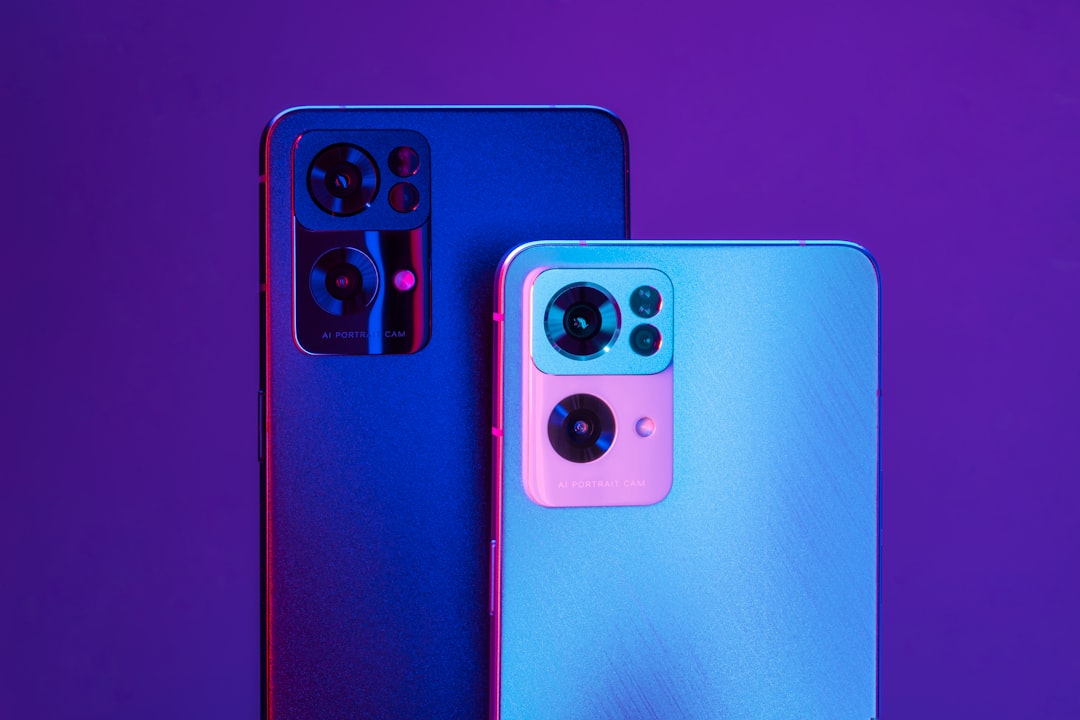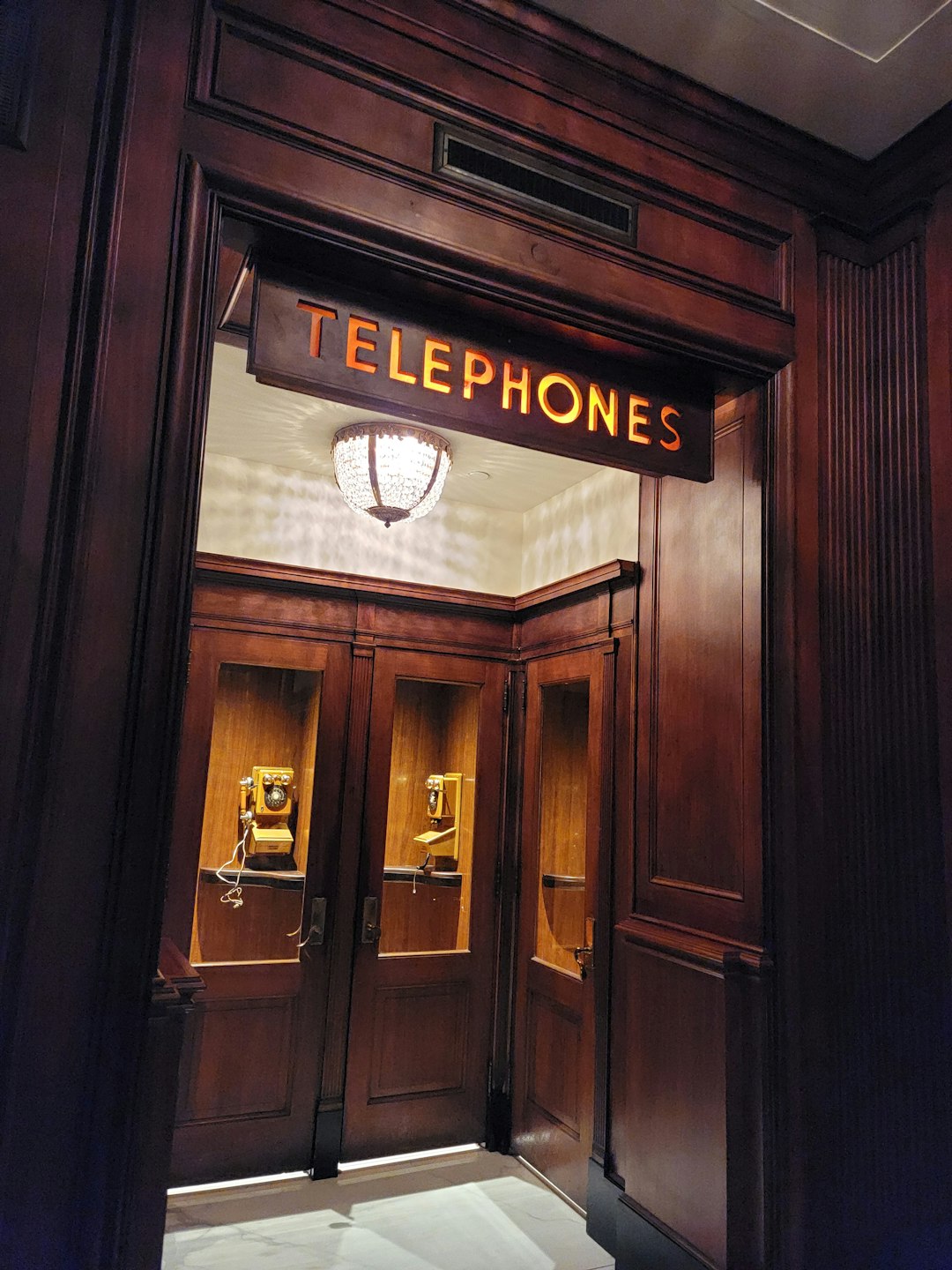In Decatur, Alabama, residents affected by excessive or unauthorized robocalls can take legal action under the Telephone Consumer Protection Act (TCPA) and state regulations. Documenting calls and consulting a local attorney specializing in telecommunications law are key steps. Understanding consumer protection laws and registering on the National Do Not Call Registry offer additional protections against unwanted robocalls, empowering residents to reclaim control over their communication.
In the digital age, Decatur, Alabama residents are increasingly plagued by robocalls. This article delves into the rising trend of automated, unsolicited calls in the area, exploring both the legal rights of citizens and practical strategies to combat them. Understanding when these calls cross the line into harassment is crucial, especially with the potential for legal recourse under Alabama law. Discover how you might sue for robocalls if your privacy has been invaded.
Understanding Robocalls in Decatur, Alabama

In Decatur, Alabama, like many other cities across the country, robocalls have become a ubiquitous part of daily life. These automated phone calls, often used for marketing or debt collection purposes, can be particularly intrusive and frustrating for recipients. Robocalls use sophisticated technology to dial thousands of numbers simultaneously, making them hard to block individually. While some robocalls promote legitimate services, many are considered unsolicited and unwanted by the recipients.
The issue of robocalls has sparked significant concern among Decatur residents, prompting questions about their rights and legal recourse. Can I sue for robocalls in Alabama? Yes, according to state laws, individuals have the right to take legal action against companies or organizations engaging in abusive or deceptive robocall practices. Understanding one’s rights is essential, especially when dealing with persistent or harassing calls. If you’ve been bothered by frequent robocalls, consulting with a local attorney specializing in telecommunications law can provide valuable guidance on your options, including potential lawsuits under Alabama’s consumer protection regulations and the Telephone Consumer Protection Act (TCPA).
Legal Rights Against Unwanted Calls

In the face of increasing robocall activity, residents of Decatur, Alabama, have legal rights to protect themselves from unwanted calls. The Telephone Consumer Protection Act (TCPA) is a federal law that restricts automated telephone marketing and provides consumers with substantial protections against robocalls. Under this legislation, individuals can take action if they receive unsolicited calls promoting goods or services. If you’ve been subjected to frequent robocalls, you may have the right to sue for damages.
If you believe your privacy has been invaded by repeated robocalls, it’s advisable to document each instance, including the caller’s identification and any recorded messages. This information can be crucial if you decide to file a complaint with the Federal Trade Commission (FTC) or pursue legal action against the violator. In Alabama, as in many states, there are strict rules regarding how businesses can contact consumers, and breaking these laws can result in significant penalties for perpetrators.
When is Calling Considered Harassment?

In Decatur, Alabama, like in many places across the country, robocalls have become a common nuisance. While many businesses use automated dialing systems to reach potential customers, excessive or unauthorized calls can quickly escalate into harassment. Calling is generally considered harassing when it becomes persistent, unwanted, or causes emotional distress. If you’re receiving an unreasonable number of robocalls, you may have legal recourse under the Telephone Consumer Protection Act (TCPA). This federal law prohibits automated calls made to personal phones without prior consent and provides a path for individuals to sue for damages if their privacy is invaded by unwanted robocalls.
In Alabama, as in other states, there are specific regulations that govern telemarketing practices, including restrictions on the timing and frequency of robocalls. If you believe your rights have been violated, it’s important to document the calls, including dates, times, and any identifying information about the caller. This can be crucial if you decide to file a lawsuit for robocall harassment under Can I Sue For Robocalls Alabama. Consulting with a legal professional who specializes in TCPA cases can help determine the best course of action to stop unwanted calls and seek compensation for any emotional turmoil or inconvenience caused by these robocalls.
Effective Strategies to Stop Robocalls

In the face of rising robocall volumes in Decatur, Alabama, it’s crucial to understand that while blocking and silencing these unwanted calls can offer temporary relief, there are more effective strategies to combat the issue. One powerful approach is to educate yourself about consumer protection laws. The Telephone Consumer Protection Act (TCPA) in Alabama provides significant safeguards against robocalls. You may be able to take legal action, including suing for damages, if you’ve received calls from unknown numbers or companies that violate these rules—this includes Can I Sue For Robocalls Alabama.
Additionally, registering on the National Do Not Call Registry is a fundamental step. This federal list prohibits telemarketers from calling registered numbers, offering some protection against robocalls. Enhancing your phone’s call blocking settings and utilizing specialized apps designed to identify and block these automated calls can also significantly reduce their frequency. These measures empower you to reclaim control over your communication experience in Decatur, Alabama.






